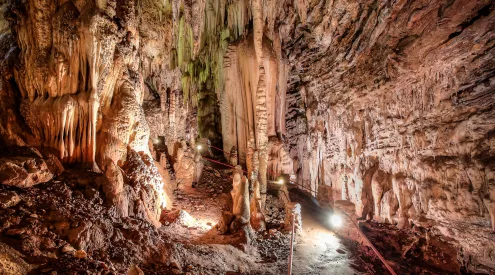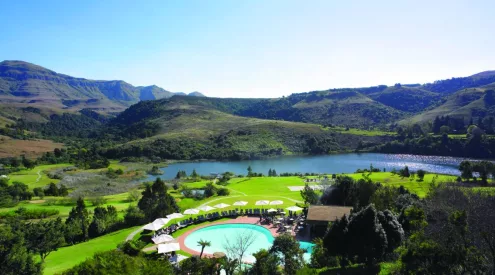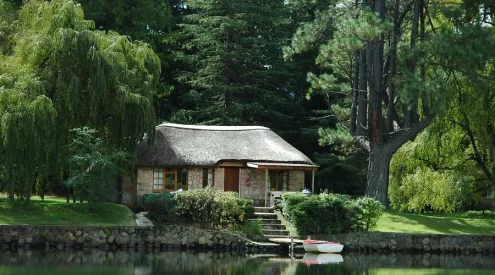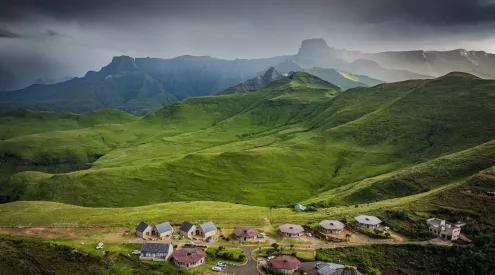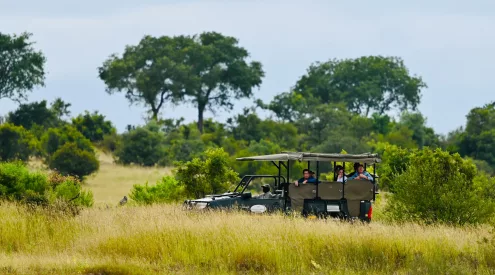The draft Biodiversity Management Plan for African Penguins, which was gazetted last week by the department of environment, forestry and fisheries (Deff), has ‘serious shortcomings in its present form,’ according to Sustainable Seas Trust director Stacey Webb.
One of the major concerns is the bunkering which takes off the coast of Port Elizabeth. Bunkering is the transfer of fuel to ships that could potentially lead to an oil spill, which would be catastrophic for the large breeding colony of resident endangered African penguins in Algoa Bay.

The draft bill makes no mention of bunkering as a threat to the penguins and in addition, according to Herald Live, makes ‘no reference to the government’s own proposal to install an ocean-based fin-fish farm off Coega, despite the warning from local seabird specialists of the negative impact this will have on the penguin.’
One of Webb’s concerns is that the penguin plan focuses on populations in the Western Cape, despite that Algoa Bay in the Eastern Cape is home to the largest section of the African penguin population.
‘The decision to prohibit bunkering in Algoa Bay should be seriously considered if we are to save this iconic species.’
On Tuesday Webb said that the plan ‘briefly mentions bunkering and the need for this activity to be considered during rezoning discussions. However, due to the close proximity of the Port of Ngqura to the Addo Marine Protected Area and the African penguin breeding colonies, any zoning changes in Algoa Bay are problematic.’
‘There are no changes to the zoning that would enable bunkering to be a safe distance from these breeding colonies.’
According to the draft plan, there were millions of African penguins distributed along the coastline between Algoa Bay and Holloms Bird Island off central Namibia in the 1920s.
Since then, numbers have plummeted and in 2018 there were just 15,000 breeding pairs left. According to Webb, ‘it is predicted that the future population along the west coast of South Africa will continue to undergo rapid reduction and could be functionally extinct by 2035.’
Webb has called on experts from Algoa Bay to comment on the draft bill ‘to ensure that the next draft of the biodiversity management plan is a plan that can be successful to save this iconic charismatic species.’
Comment on the bill needs to be submitted by 18 November by email to [email protected], or letters can be posted to The Deputy Director-General, Department of Environment, Forestry and Fisheries Branch: Oceans and Coasts, Private Bag X4390, Cape Town 8000.
Image credit: James de Mer




